On July 21, 1954, the Geneva Agreement on the cessation of hostilities in Vietnam was signed. The conference left many valuable lessons for our country's diplomacy . Over the past 70 years, Vietnam's foreign policy has made great strides, and the current "bamboo diplomacy" is an inheritance and creation of those experiences.
FROM THE GEVÈVE CONFERENCE
 |
| On July 20, 1954, Deputy Minister of National Defense Ta Quang Buu (second row from left) signed the Vietnam Armistice Agreement on behalf of the Government and the General Command of the Vietnam People's Army. Immediately afterwards, the Laos and Cambodia Armistice Agreements were also signed at the Geneva Conference (Switzerland) - Photo: VNA Document |
The conference of the four great powers: the Soviet Union, the United States, Great Britain, and France held in Berlin (from January 25 to February 18, 1954) reached an agreement to convene the Geneva Conference to discuss a political solution to the Korean issue and to resolve the war in Indochina. The parties agreed to invite the People's Republic of China to attend the Geneva Conference.
Many countries in the world welcomed this decision, Indian Prime Minister Nehru called for a ceasefire in Indochina. Many leaders of Asian and African countries and many politicians in the world also responded to this call.
At home, at the same time as launching the Dien Bien Phu campaign (March 13, 1954), our Party and State also decided to step up the struggle on the international diplomatic front. A high-level meeting took place in Moscow (April 3) between Secretary of the Communist Party of the Soviet Union N. Khrushchev, Chinese Premier Zhou Enlai, President Ho Chi Minh and Deputy Prime Minister and Acting Minister of Foreign Affairs Pham Van Dong to discuss the policies and countermeasures of socialist countries at the Geneva Conference.
On May 8, 1954, the Geneva Conference on Indochina opened. The delegation of the Democratic Republic of Vietnam led by Deputy Prime Minister and Acting Minister of Foreign Affairs Pham Van Dong entered the Conference with the posture of a winner, the "thunder of Dien Bien Phu" echoed to the Conference table.
France and its colonies held a national mourning for the event of “the fall of Dien Bien Phu”. French Foreign Minister G. Bidault, in black mourning clothes, lamented: “The French delegation came to the Geneva Conference with only worthless cards in their hands: two diamonds and three clubs”.
Attending the Conference, in addition to the delegation of the Democratic Republic of Vietnam, there were 8 delegations from the UK, France, the US, the Soviet Union, China and three delegations from the three French-supporting governments in Indochina (the State of Vietnam, the Kingdom of Laos, and the Kingdom of Cambodia were called the "Associated States"). The Soviet Union and the UK were co-chairs of the Conference.
After more than 70 days of negotiations, with 31 sessions, including 8 plenary sessions and 23 small sessions, and many bilateral and multilateral meetings and contacts on the sidelines of the Conference, on July 20, 1954, we and France signed agreements to cease hostilities and together with the parties issued a final statement on July 21, 1954.
Together with the Agreement on the cessation of hostilities in Vietnam, Laos, Cambodia; the Final Declaration of the Conference; and a number of separate declarations by the American and French delegations... affirmed the independence, sovereignty, unity and territorial integrity of Vietnam, stipulated that foreign troops must withdraw from Indochina, determined that military demarcation lines were only temporary and that each Indochinese country would hold free general elections to unify the country...
The agreement marked the victorious end of the Vietnamese people's resistance war against French colonialism and American intervention, and was an important step on the path to struggle for complete independence and unification.
As our Party has affirmed: "Achieving the above Agreement is a great victory of our people and army united, unanimous, and bravely fighting under the leadership of President Ho Chi Minh and the Party."
However, the Geneva Agreement did not fully reflect the victory of the Vietnamese people in particular and the people of the three Indochinese countries in general on the battlefield and the trend of the war. Vietnam, Laos and Cambodia were all disadvantaged due to the influence of the trend of détente and the compromise of the major powers.
Laury Anne Bellessa, a French lawyer, commented: “If we go into the details of the negotiations, we will see that the terms of the Agreement were only intended to satisfy the great powers… Because they wanted to protect their interests in the Southeast Asian region, the great powers themselves stipulated most of the terms of the Agreement, without taking into account the reactions of the Indochinese countries. Having no other choice, the Indochinese countries had to give in to these enormous pressures… Victory on the ground, but at the Conference table, the Democratic Republic of Vietnam could not exploit its military strength.”
Senior Lieutenant General, Professor Hoang Minh Thao also had a similar comment: "Unfortunately, we are negotiating at a multilateral forum dominated by big countries, and the Soviet Union and China also have calculations that we do not fully understand, so Vietnam's winning position has not been promoted to the highest level."
The Vietnamese diplomatic delegation at this time also made another important mistake: "mainly contacting the Soviet Union and Chinese delegations, while the UK was the co-chair, and its views were different from France's, our delegation did not take advantage of it, and did not contact the British delegation at all" as commented by Professor, Dr. Vu Duong Huan - former Director of the Diplomatic Academy, former Vietnamese Ambassador to Poland, Ukraine...
It can be seen that the Geneva Agreement “only half of the way to liberation is gone/ Half of us are still in boiling water and fire” (To Huu). All of the above are extremely great lessons, helping Vietnam’s diplomatic policy to continuously develop, leading to great victories for Vietnam’s diplomacy in the future.
TO THE "BAMBOO DIPLOMACY"
 |
| Delegates attending the Scientific Conference on the 70th Anniversary of the Geneva Agreement on the Cessation of Hostilities in Vietnam organized by the Ministry of Foreign Affairs in coordination with the Ministry of National Defense and the Vietnam Academy of Social Sciences on July 19, 2024. Photo: baoquocte.vn |
In recent years, the term “bamboo diplomacy” has been used quite commonly. At the 29th Diplomatic Conference (2016), General Secretary Nguyen Phu Trong used the image of Vietnamese bamboo to metaphorically refer to our country’s diplomatic policy: “Vietnamese bamboo is soft yet tough, benevolent yet indomitable, knowing both softness and hardness, knowing the times and the situation, knowing oneself and others...”.
At the National Foreign Affairs Conference on December 14, 2021, the General Secretary once again reaffirmed Vietnam's "bamboo diplomacy" with the characteristics: "Firm roots, sturdy trunk, flexible branches... imbued with the soul, character and spirit of the Vietnamese people...".
The General Secretary continued to affirm this at the 32nd National Diplomatic Conference (December 9, 2023): "Continue to innovate, build and develop a modern, comprehensively strong Vietnamese foreign affairs and diplomacy, imbued with the identity of "Vietnamese bamboo".
This is the inheritance and development of Ho Chi Minh's diplomatic thought: "We must rely on real strength. With strong real strength, diplomacy will be victorious. Real strength is the gong and diplomacy is the sound. The louder the gong, the louder the sound." As well as lessons on our country's diplomacy, especially the Geneva Agreement.
In world history, in the 19th century, Thailand used a foreign policy that history calls “reed diplomacy”. This policy was based on the principle of “going with the flow”, taking advantage of the conflicts between the great powers to help Thailand avoid being colonized.
But the “reed diplomacy” policy had no lasting roots. So although Thailand maintained its independence, it had to make many concessions to Britain and France.
Vietnam's "bamboo diplomacy" is completely different from the "reed diplomacy". The bamboo is strong at the root, strong at the trunk and flexible at the branches. Based on the solid foundation of the nation, as in the Geneva Agreement, that is the Dien Bien Phu victory. That is to bring the "unchangeable" to the "ever-changing". That is, "independence, self-reliance, peace, friendship, cooperation and development... on the basis of the fundamental principles of the United Nations Charter and international law,... Vietnam is a friend, a reliable partner and an active, responsible member of the international community" as stated in the recent Joint Statement on upgrading Vietnam - US relations to a Comprehensive Strategic Partnership.
To this day, the spirit and lessons from the Geneva Agreement remain valuable. This is one of the foundations for us to inherit and effectively implement the "Vietnam bamboo diplomacy" policy initiated and led by the Party and General Secretary Nguyen Phu Trong to "build an increasingly prosperous, civilized, cultured and heroic Vietnam in the direction of socialism".
Source: http://baolamdong.vn/chinh-tri/202407/tu-hiep-dinh-geneve-den-duong-loi-ngoai-giao-cay-tre-viet-nam-4250b91/


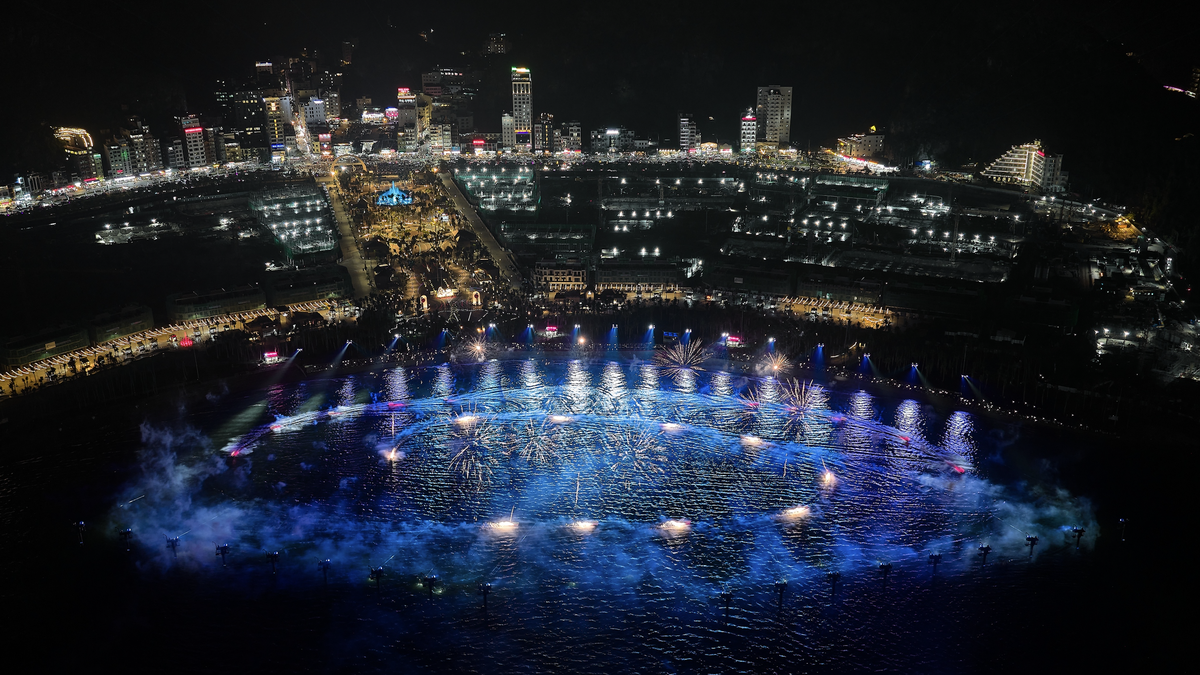

![[Photo] Prime Minister Pham Minh Chinh attends the opening ceremony of the National Law Portal](https://vphoto.vietnam.vn/thumb/1200x675/vietnam/resource/IMAGE/2025/5/31/f02ed6288a4340bdb4adf1b2149b9614)
![[Photo] Emotional and proud flag-raising ceremony and military review on Truong Sa island](https://vphoto.vietnam.vn/thumb/1200x675/vietnam/resource/IMAGE/2025/5/31/9b52525fce6f433083cd0a5bfee59f49)

![[Photo] Launching ceremony and drawing of pairs for the "9th TIM CUP Highland Charity Football Tournament"](https://vphoto.vietnam.vn/thumb/1200x675/vietnam/resource/IMAGE/2025/5/31/a4c145af5d1e48c5b48c95116d41a73c)






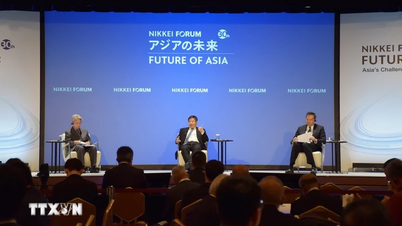

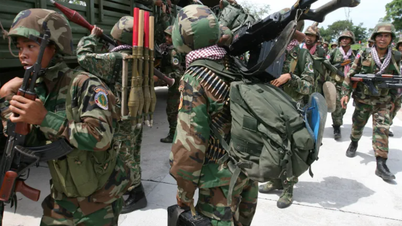



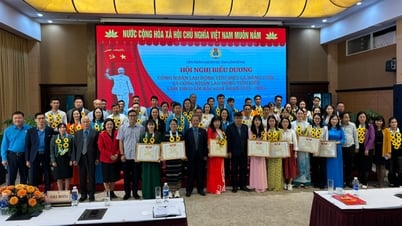

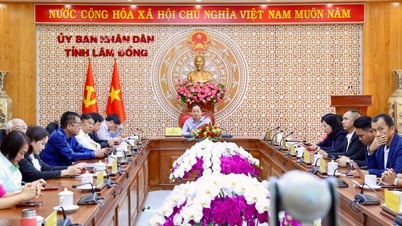



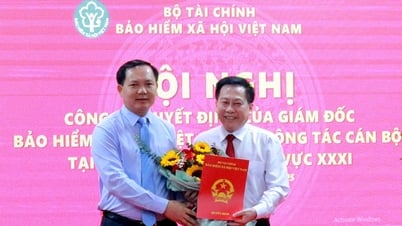




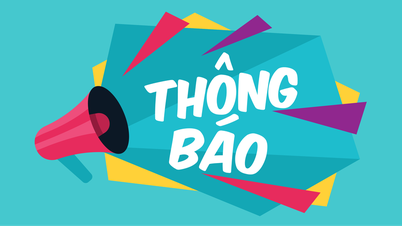
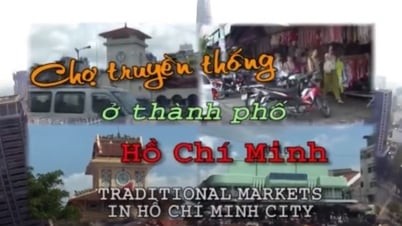




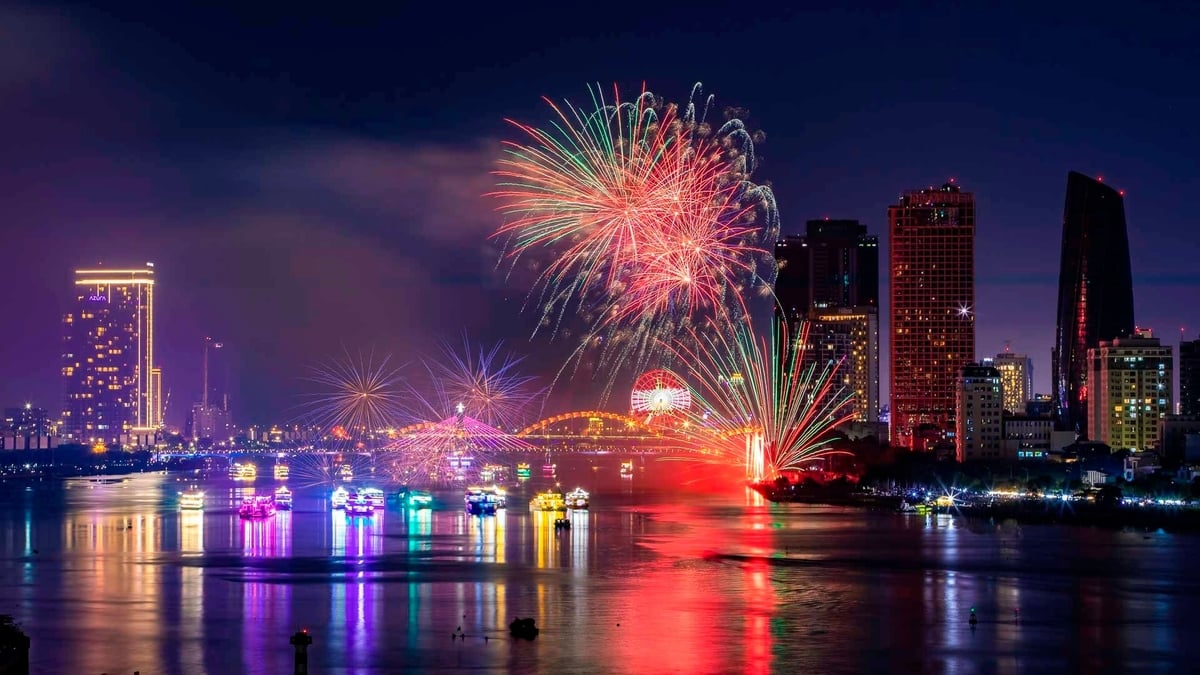
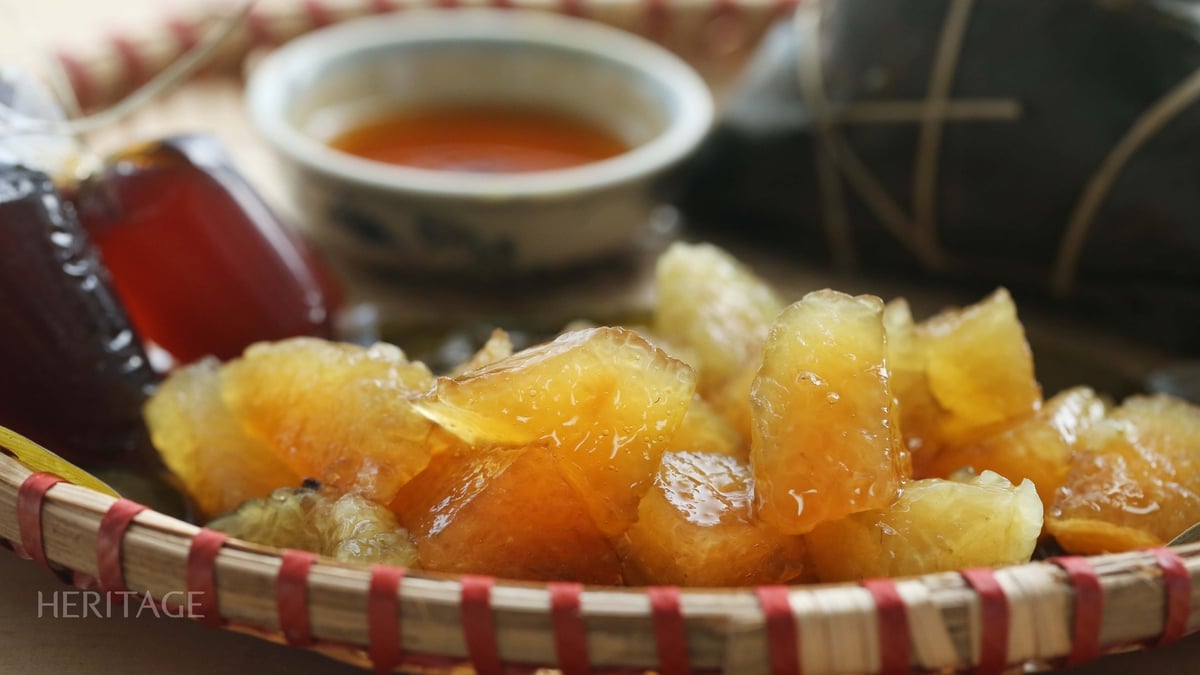
















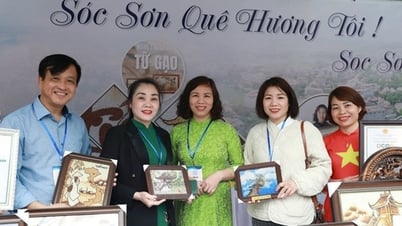
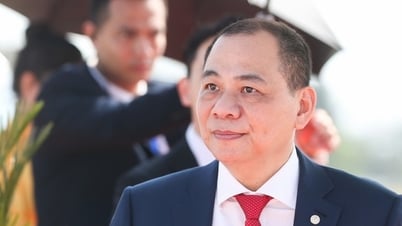








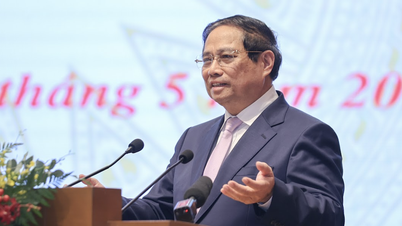
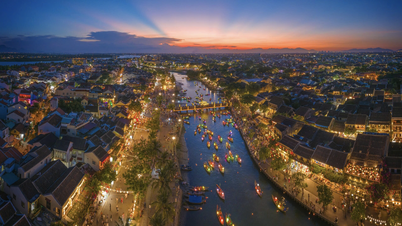


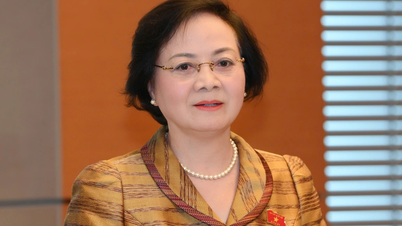


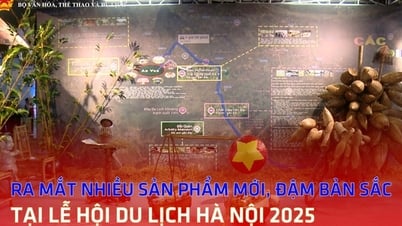

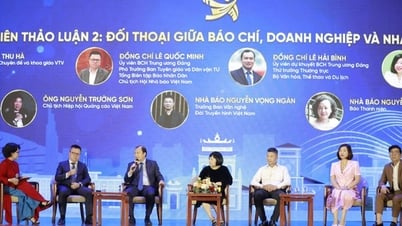
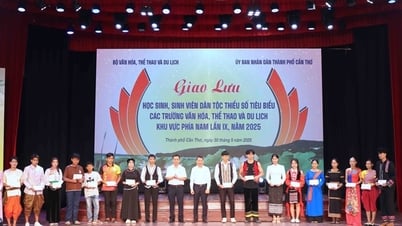
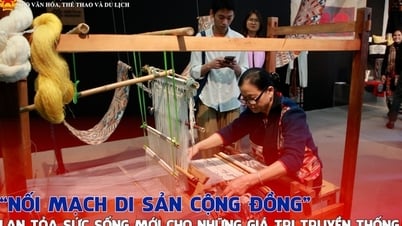
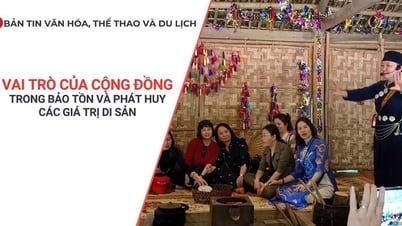
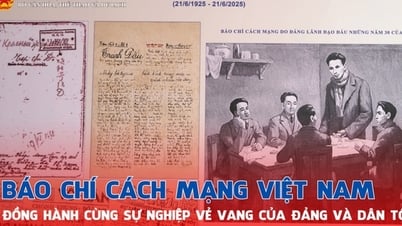
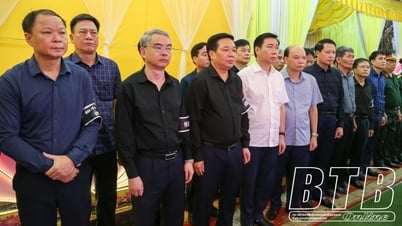



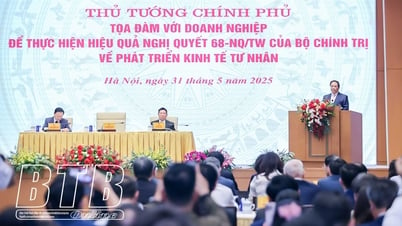
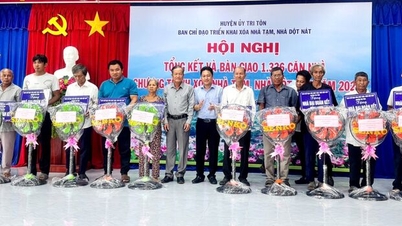

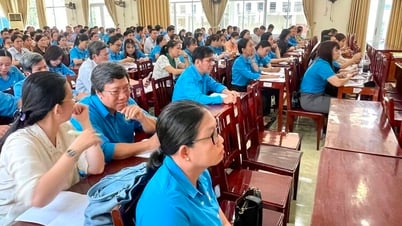








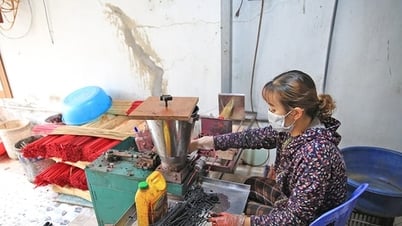

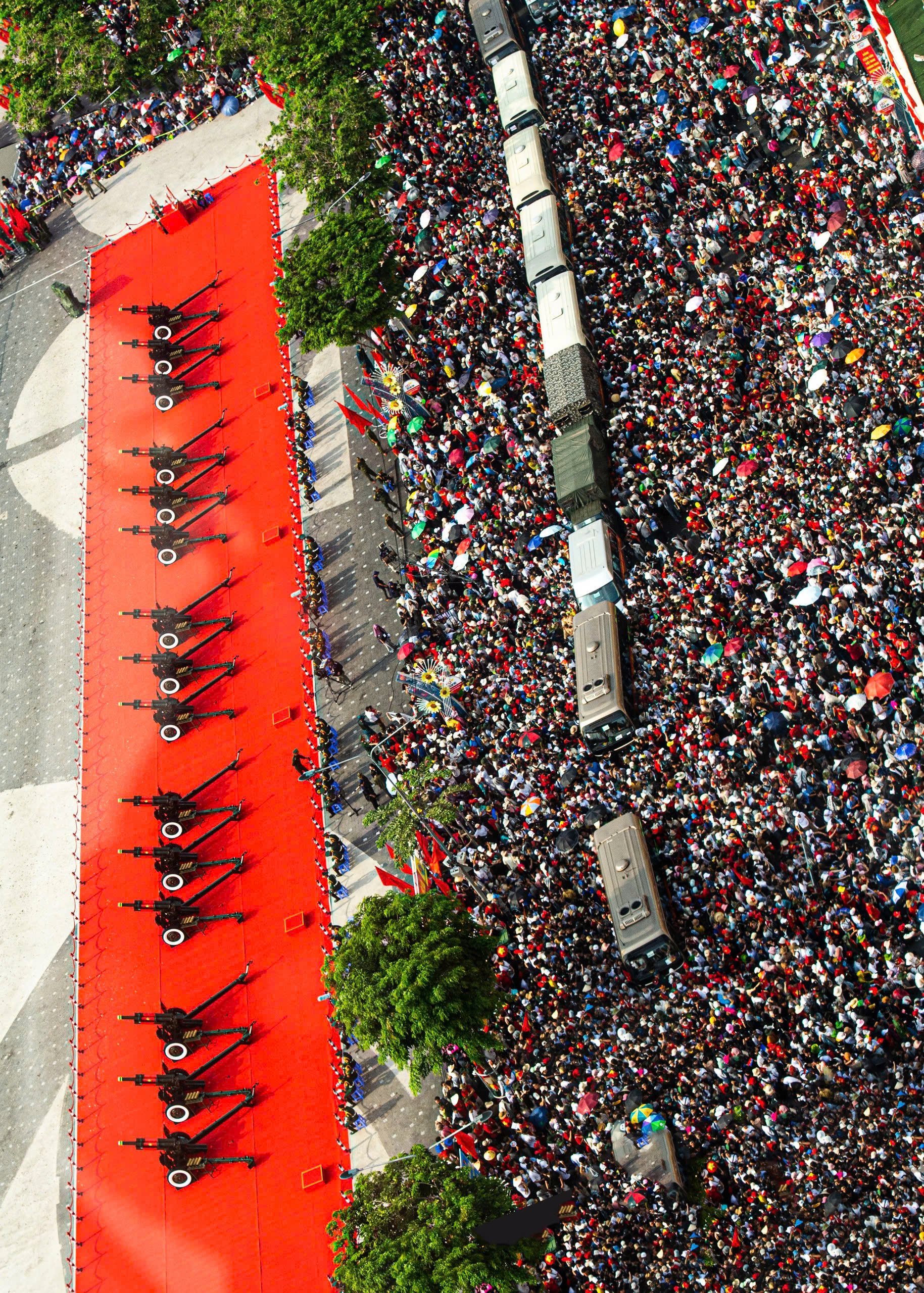



Comment (0)